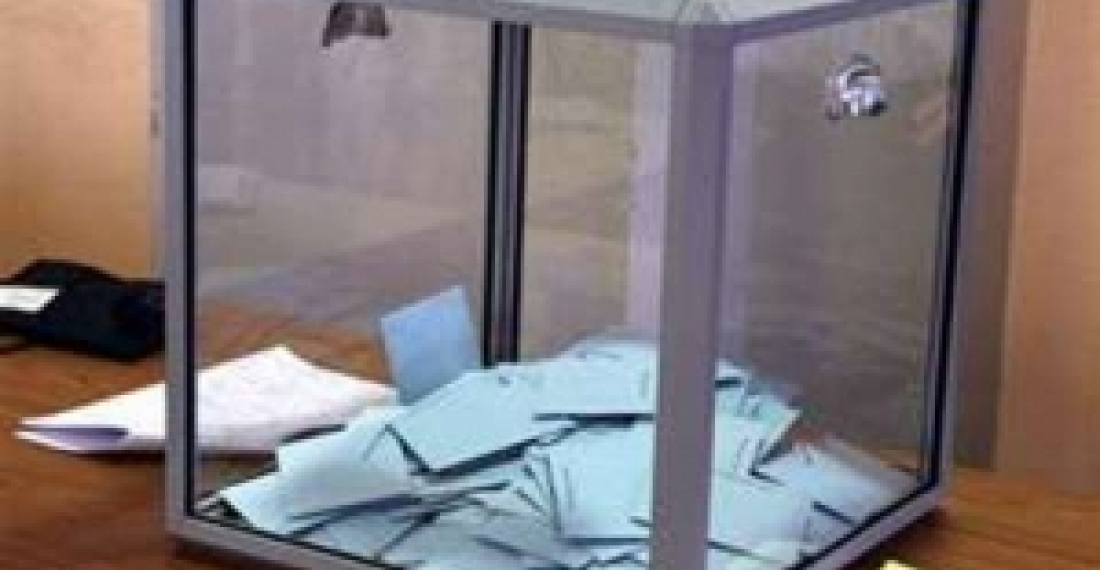В шестой части серии обзоров по Парламентским выборам в Армении 2012, LINKS Анализ рассматривает вопрос об избирательных списках, и утверждает, что списки завышены на тысячи избирателей. Обзор также акцентирует на том, что миссия БДИПЧ / ОБСЕ говорят на эту тему, которая имеет жизненно важное значение для правильного избирательного процесса.
В обзоре сказано:
Полиция Армении опубликовала число избирателей, внесенных в избирательные списки на парламентские выборы 6 мая. Согласно данным, опубликованным в средствах массовой информации, от 25 апреля насчитывается 2,482.238 избирателей, включенных в список, с правом голоса. Некоторые задаются вопросом, является ли это правдой.
Численность населения является очень чувствительным вопросом в Армении. После распада Советского Союза двадцать лет назад население страны сократилось по мнению большинства источников. Следующие один за другим армянские правительства пытались скрыть этот факт, рассматривая его не только, как признак политической несостоятельности, но и как признак национальной слабости. Вопрос ещё сложнее, т.к. большое количество армян едет в Россию на сезонные работы. Другие ведут двойную жизнь, имея один дом в Армении, а другой в грузинском регионе Джавахети. Стоит признать компиляция избирательных списков в таких обстоятельствах не простое дело. В Армении этой работой занимается Департамент полиции по визам и регистрации. Вопрос продолжает создавать спорный фон в избирательном процессе.
Оппозиционные политики возмущаются нечестной игрой, заявляя, что количество людей в избирательных списках завышены на многие тысячи, и это является предшественником фальсификации выборов. Так или иначе доверие этим утверждениям вызывают регулярно появляющиеся в СМИ сообщения о сотнях зарегистрированных в одном доме или квартире, о людях, живущих в домах, которые были снесены, и вообще о людях в списках, которые не должны быть там.
Миссия ОБСЕ / БДИПЧ по наблюдению за выборами была несколько бережлива в своем комментарии по избирательным спискам в двух промежуточных отчетах, опубликованных до сих пор.
Шесть обзоров можно прочитать в полном объеме на сайте LINKS Анализ
Источник: LINKS Анализ
Commentary
В Армении зарегестрировано 2,482,238 избирателей, столько ли их на самом деле? LINKS публикует шестой обзор, посвященный выборам в Армении, фокусируясь на избирательных списках.







